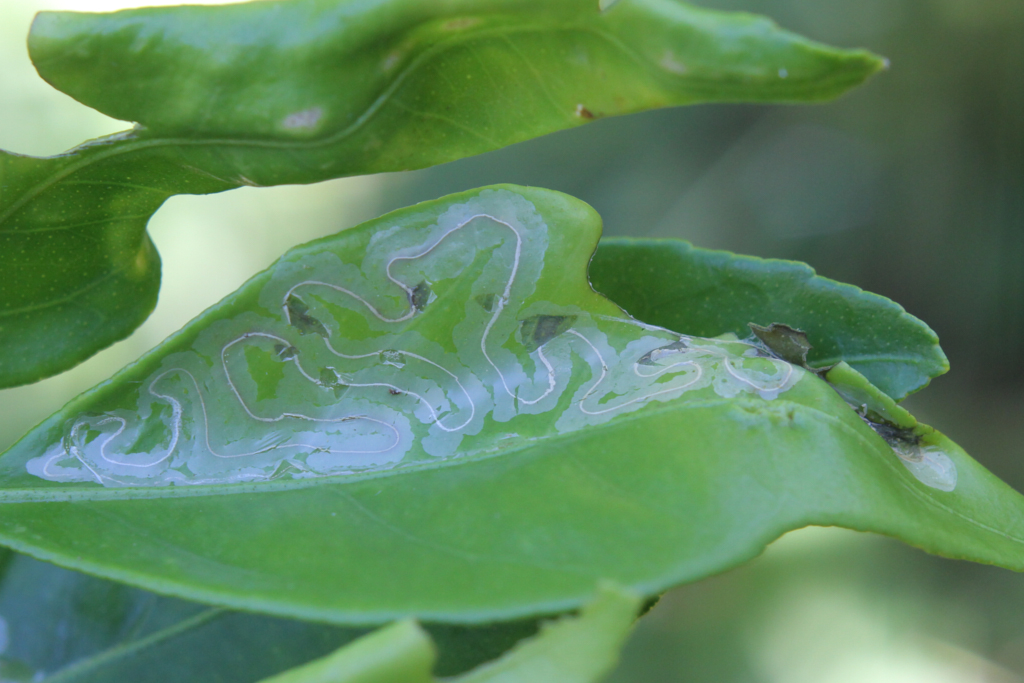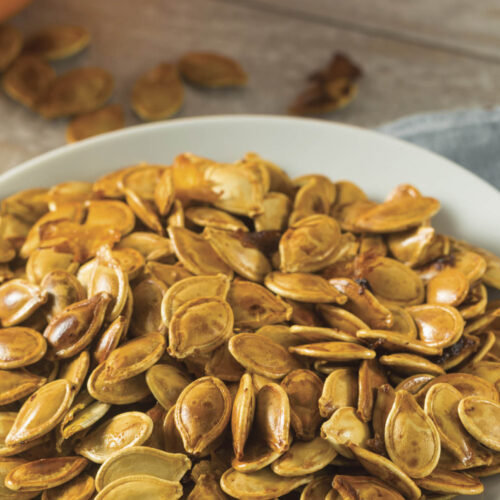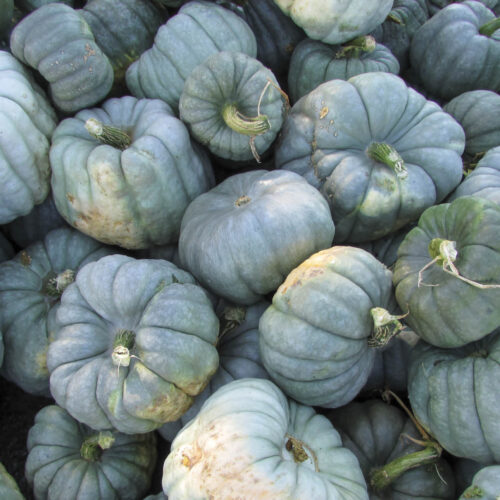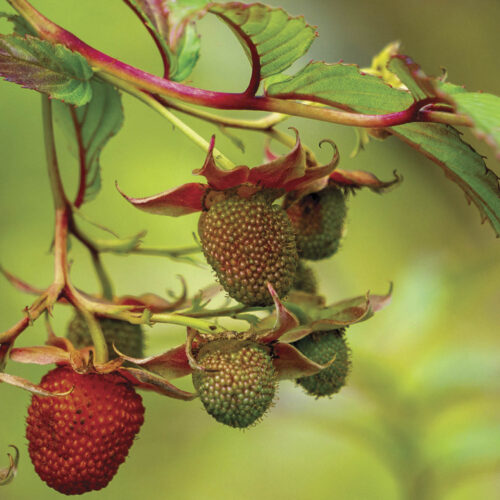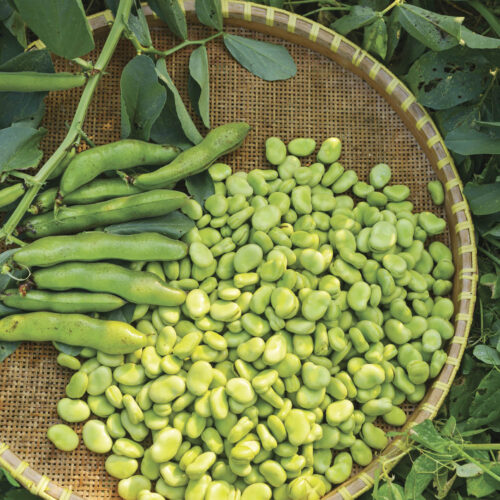Pest and disease threats
2022-02-25T03:45:38+11:00
Here's two threats to your harvest that you need to look out for in your garden: citrus leafminer and powdery mildew.
There are a couple of problems you may be seeing in the garden now.
Citrus leafminer
You could have issues with citrus leafminer. This little pest, known scientifically as Phyllocnistis citrella comes from SE Asia and is the larvae of a tiny moth that attacks new growth in all citrus, usually in summer and autumn. You can stop the problem by not fertilising or over watering in summer, so that there is no lovely soft new growth for them to feed on. Feed earlier or later, and don’t water too often.
An infestation of citrus leafminer is seen as curled leaves and long, squiggly shallow tunnels (as in the picture) with a tiny grub inside. If you can see the grub, then squash it. Remove and destroy affected leaves and spray with a pest oil to reduce the spread. Natural predators are lacewings and parasitic wasps so make sure there’s no predation by these insects before spraying or you’ll kill them as well.
Powdery mildew
Another issue occurring now are fungal diseases, especially powdery mildew. With widespread rain in January, the dry warmth and then dampness encouraged the growth of powdery mildew on zucchini, cucumbers, pumpkins and more. As the weather cools in autumn, powdery mildew is a natural part of senescence, but it’s important to slow it down to give the fruit on your pumpkin, cucumber and zucchini plants time to ripen. Remove the worst affected leaves into the bin (not the compost) and spray leaves, top and bottom, with milk diluted 1:9 with water. Or use a potassium carbonate based spray. Always spray in the morning to give the leaves time to dry.
The only nice thing about powdery mildew is the arrival of the yellow and black ladybirds Illeis glabula. I always feel a bit sorry for them because they spend their lives feeding on powdery mildew, so if you see them in your garden you know you have this fungal disease somewhere. I was thrilled to see in latest issue, 131 of Organic Gardener, that Denis Crawford (in his fabulous article on ladybirds) has completely debunked the myth that these ladybirds spread powdery mildew. He says this myth ‘has been soundly debunked by every entomologist I have spoken to on the subject’.
Finally for general hygiene in the garden, make sure you collect and dipose of any fallen fruits, and any on the tree that have signs of damage, as these can harbour diseases over winter and reinfect trees in spring.

